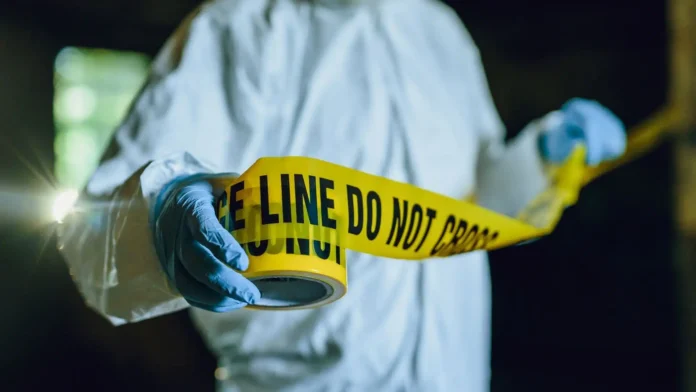Trauma scene cleanup involves working in sensitive environments that require specialized knowledge and skill. Technicians must handle biohazards, provide proper sanitation, and restore affected areas to a safe condition. The profession demands strong emotional resilience, practical skills, and attention to detail.
Trauma cleanup jobs are not only physically demanding but mentally challenging as well. A cleanup technician plays an essential role in ensuring safety, hygiene, and public health after traumatic events.
Key Points
- Strong knowledge of biohazard protocols is crucial.
- Technicians must handle sensitive situations with care.
- Physical and emotional resilience is required.
- Proper protective gear is necessary.
- Time management is critical in this job.
Physical Strength and Stamina
A trauma scene often requires lifting heavy equipment or moving objects within the affected area. Physical strength is a necessity. You need to operate specialized tools and machines, which may be bulky.
Cleanup technicians often deal with blood, fluids, and even tissue, all requiring removal in a safe and controlled manner. The job can become physically taxing, especially during long hours on your feet. Stamina and endurance are key qualities that will make a difference in performing tasks efficiently.
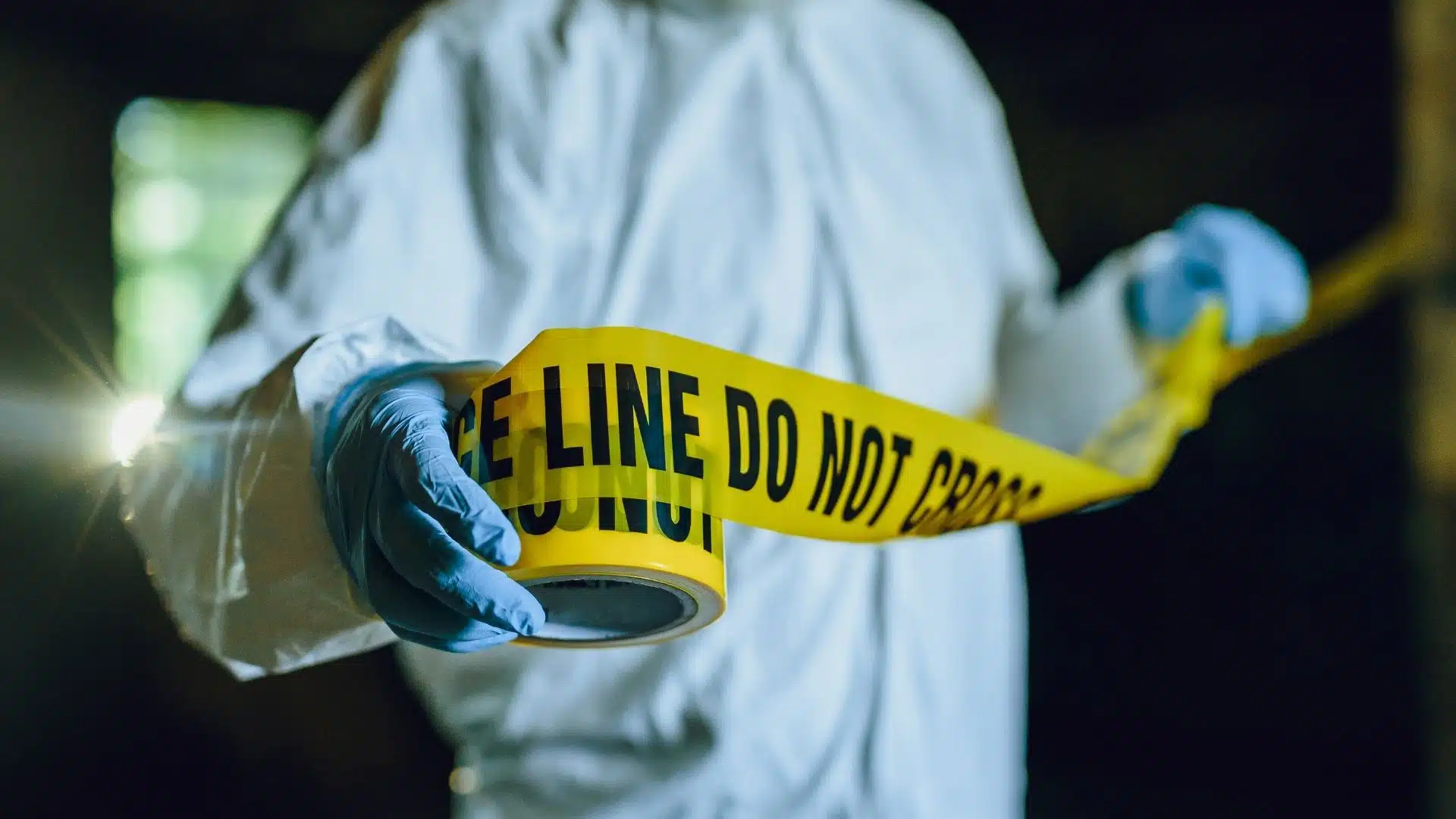
Knowledge of Biohazard Protocols
Working in trauma cleanup means handling biohazards such as blood and bodily fluids. This requires detailed knowledge of biohazard safety procedures. The technician must wear protective gear to prevent exposure to dangerous pathogens. Sterilizing the area properly ensures that it becomes safe for future occupants. A thorough understanding of biohazard handling reduces the risk of infection and contamination. Knowledge of how to dispose of hazardous materials is critical.
For those looking for the best trauma scene cleaner in Toronto Ontario, God’s Cleaning Crew offers top-tier services that include blood cleanup and removal of fluids and tissue. The company ensures full adherence to biohazard protocols.
Emotional Resilience
Technicians must be emotionally strong. Trauma cleanup can involve exposure to distressing scenes. Deaths, accidents, and other traumatic events often leave behind emotional scars. It is essential to manage the emotional toll while working professionally. If you cannot maintain emotional composure, the job can become overwhelming. Emotional strength comes with experience and an ability to compartmentalize during working hours.
Those considering the profession must understand that empathy, while important, should not hinder your ability to perform tasks. Compassionate professionalism allows you to remain grounded while performing difficult jobs.
Proper Equipment Handling
Specialized tools include disinfectants, vacuums, and cleaning chemicals designed to remove hazardous materials. Each tool serves a purpose, and knowing how to operate it safely ensures the job is completed without exposing anyone to risk. Technicians should also understand how to decontaminate their equipment after every job.
Knowledge of proper tool use enhances efficiency. Training on various cleaning devices can make a significant difference in speed and safety. Equipment malfunctions may result in job delays, so basic troubleshooting skills are also helpful.
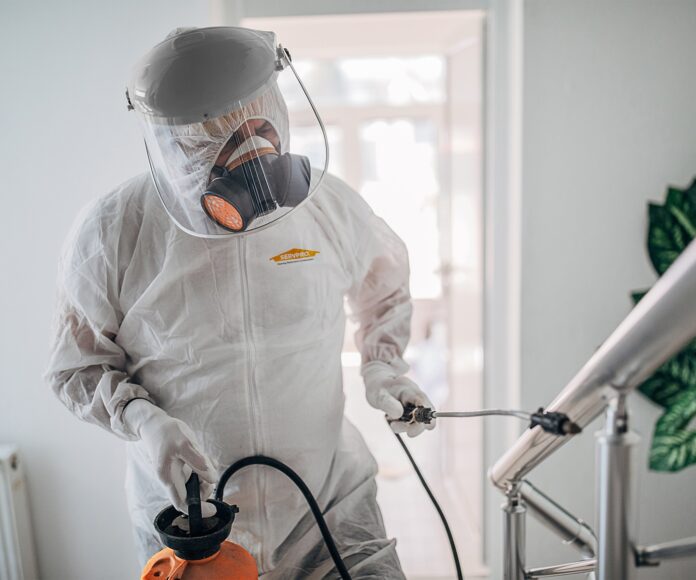
Time Management
The faster a job gets done, the lower the risk of contamination spreading. In urgent cases, a technician must respond quickly and complete the work efficiently. Managing time well ensures the area is cleaned within strict deadlines while maintaining safety. Jobs can vary in length, so adapting to new time frames is key.
Balancing efficiency with precision becomes essential in many cases. The quality of work should never be sacrificed for speed, but understanding how to work within set time frames is critical for trauma scene technicians.
Compassionate Communication
Interaction with family members or victims’ loved ones is a must. Empathy and professionalism are critical during such interactions. It helps to communicate clearly and respectfully, offering reassurance without dwelling on unnecessary details. Effective communication skills provide comfort to those dealing with loss or trauma, and it’s crucial not to let emotions interfere with the work itself.
Technicians must also communicate effectively within their teams. Clear instruction and delegation of tasks ensure a smooth process and completion of the job.
Strong Attention to Detail
Even the smallest trace of biohazard material could pose a threat. You must inspect areas carefully and ensure that nothing gets overlooked. A high level of attention to detail is necessary to avoid putting people at risk. Thorough inspections, cleaning, and post-job assessments are important. You cannot afford to miss any critical step.
This precision also applies to the handling and disposal of biohazardous materials. Any mistake could lead to contamination, injury, or legal consequences.
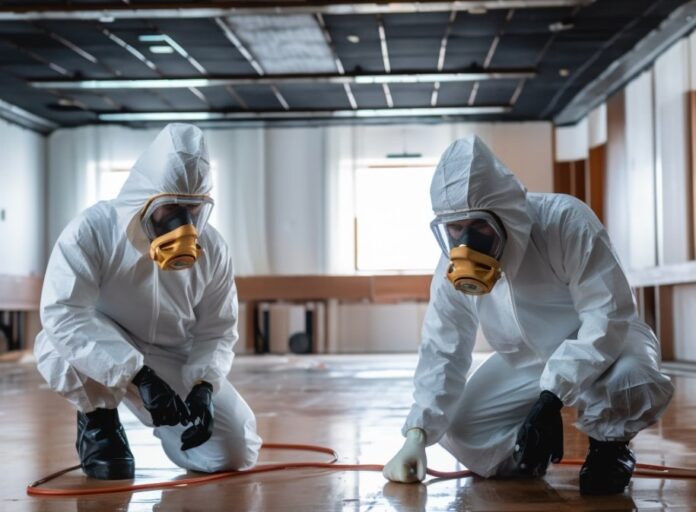
Regulatory Knowledge
Knowledge of legal and regulatory requirements is a must in trauma cleanup. Governments have strict guidelines for handling hazardous materials. If protocols are not followed, you could face serious legal consequences. Technicians need to know what is allowed and prohibited in every area they work in. Laws differ depending on the jurisdiction, so staying updated on local, state, and federal regulations is critical.
Failing to comply with regulations could result in fines or lawsuits. Being diligent about following laws and guidelines ensures that the job is done legally and safely.
Ethical Considerations
Handling sensitive situations such as crime scenes requires discretion and respect for privacy. There is an obligation to treat every job with care and professionalism. Ethical behavior is critical, especially in high-stress situations. Respecting confidentiality and maintaining integrity in the job is essential.
Sometimes the job involves dealing with law enforcement, insurance agents, or property owners. Maintaining professionalism and ethical standards ensures that trust is upheld in every scenario.
Adaptability
No two jobs are the same. A trauma scene cleanup technician must be flexible in handling different scenarios. Some jobs require specialized equipment, while others may need a particular cleaning approach. You need to adapt quickly to different environments and situations. An adaptable mindset ensures that you stay calm under pressure, even when dealing with unexpected circumstances.
Having the ability to pivot and adjust plans is crucial for success. Technicians must also be prepared for varying working conditions, including outdoor jobs or confined spaces.
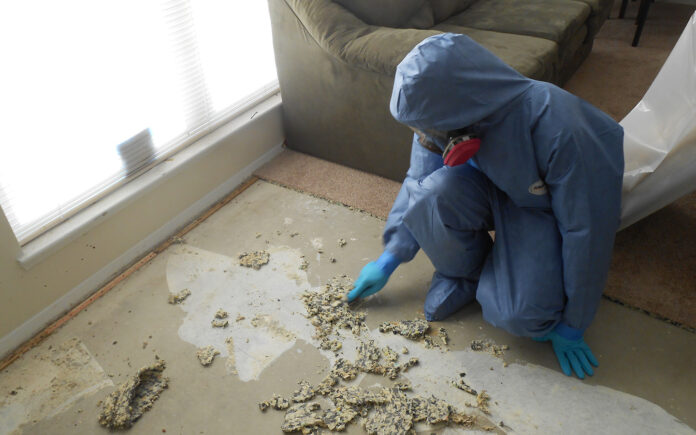
Safety Consciousness
Technicians must protect themselves while ensuring the safety of others. This requires constant awareness of hazards. Whether it’s dealing with sharp objects, chemicals, or biohazards, maintaining a high level of safety ensures that the job gets done without any injuries. Personal protective equipment (PPE) must be worn at all times. Failure to follow safety procedures can have life-threatening consequences.
Technicians should also conduct routine safety checks during and after each job to ensure no hazards are left behind.
Conclusion
Trauma cleanup requires a unique set of skills, ranging from physical and emotional resilience to strong attention to detail.
Each skill discussed plays a crucial role in the success of trauma cleanup work. From physical stamina to biohazard handling, technicians must master a wide range of competencies. Proper training, attention to detail, and a commitment to safety are the cornerstones of the profession.
By mastering these skills, trauma scene cleanup technicians make environments safer and help provide peace of mind during some of life’s most challenging moments.
